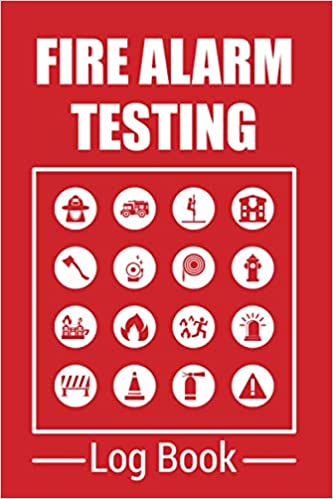AI-based video content analytics can deliver key information to ensure businesses are protected against trespassers. Lizzi Goldmeier, Director of Marketing at BriefCam explains more.
Preventing trespassing is a key concern for businesses of all types and sizes due to the related security, safety, loss prevention, vandalism and insurance risks. Whether an individual unknowingly enters private property or criminals visit secured locations with malicious intent, it is crucial for business owners to have actionable information accessible to make proactive and impactful decisions.
Video content analytics (VCA) technology empowers users to realise the full value of their video surveillance investments for safety, security and operational decision making. It enables security teams to not only protect employees and customers, but also to bring broader value to their organisations beyond their individual role: The technology has broad and far-reaching applications for extensive organisational roles, business types and use cases, and can have a profound impact on operational efficiency, business intelligence, and profitability.
For example, a retail outlet can use video analytics visualisations to learn how long customers dwell in each area of a store, how many customers visit the store each hour, what percentage of customers are men, women or children, or which aisles in the store are most popular. By presenting unstructured video data in a way that it can be searched, acted on with real-time alerting, or analysed to uncover behavioral patterns and trends in an environment, video analytics technology drives decision-making based on actionable and quantifiable business intelligence. Nearly all industries, including retail, banking, healthcare, transportation, and urban planning, can leverage this insight for increasing operational efficiencies and business outcomes, as well as safety and security.
Investigating a trespassing incident
Reviewing a trespassing incident after it happens can help a business understand what occurred and how to stop it from happening again. In these cases, time is crucial in figuring out the details and helping security personnel find the perpetrator.
Most businesses have video surveillance systems in place that they can use to obtain key information and accurate data. However, the process of manually combing through hours and hours of footage to find the proverbial ‘needle in the haystack’ is very labour intensive and inefficient.
This is where video analytics comes in, helping business owners answer such questions as:
- When exactly did this incident occur?
- How did the trespasser gain access?
- What were they trying to accomplish?
VCA processes the unstructured video data so that the objects in video can be categorised and indexed as metadata that can be searched, alerted on, and visualised for comprehensive analysis. The ability to search and filter video data based on criteria, such as where people were loitering or the paths visitors navigated within a specific time frame, enables businesses to investigate and review hours of video rapidly and effectively advance a forensic investigation and pinpoint relevant evidence.
Identifying trespassing in real time
Reviewing a trespassing incident after the fact is insightful, but the best way to prevent damage, theft and injury is by identifying suspected trespassing in real time. Video analytics assists here too, enabling operators to configure real-time alerts to notify, for example, when a person is detected in an off-limits space. Alerts can also be based on staff recognition, notifying security when unrecognised individuals or vehicles are detected on site.
Furthermore, if specific individuals have been banned from the property in the past, the video analysis technology can alert security to assess and confirm whether the individual detected is, in fact, on the watchlist of unwelcome visitors. Human evaluation paired with video analysis ensures that the subject is more closely tracked and confronted, if needed.
Learning from traffic patterns
Not all trespassers are alike, but they do tend to exhibit similar behaviors. VCA software can bring these patterns to the forefront by visualising where and how visitors tend to navigate a campus or building. This enables the security teams to configure alerting for deviations from expected behaviors and more proactively identify trespassing and other suspicious activity.
It can be difficult for places that are open to the public, such as theatres, universities or theme parks, to differentiate between law-abiding guests and trespassers. Video analytics can help users better understand typical behavioral interactions within a physical space to drive intelligent decision-making around space utilisation and visitor experiences, as well as unexpected and unwanted behaviors, such as trespassing.
Ultimately, even the most secure properties can experience a trespasser or a breach in security. However, it is much easier to address an incident if there is a plan in place. It is important that business owners learn as much as possible from both trespassing incidents and normative behaviors in a location, in order to secure the property and prevent future occurrences.


